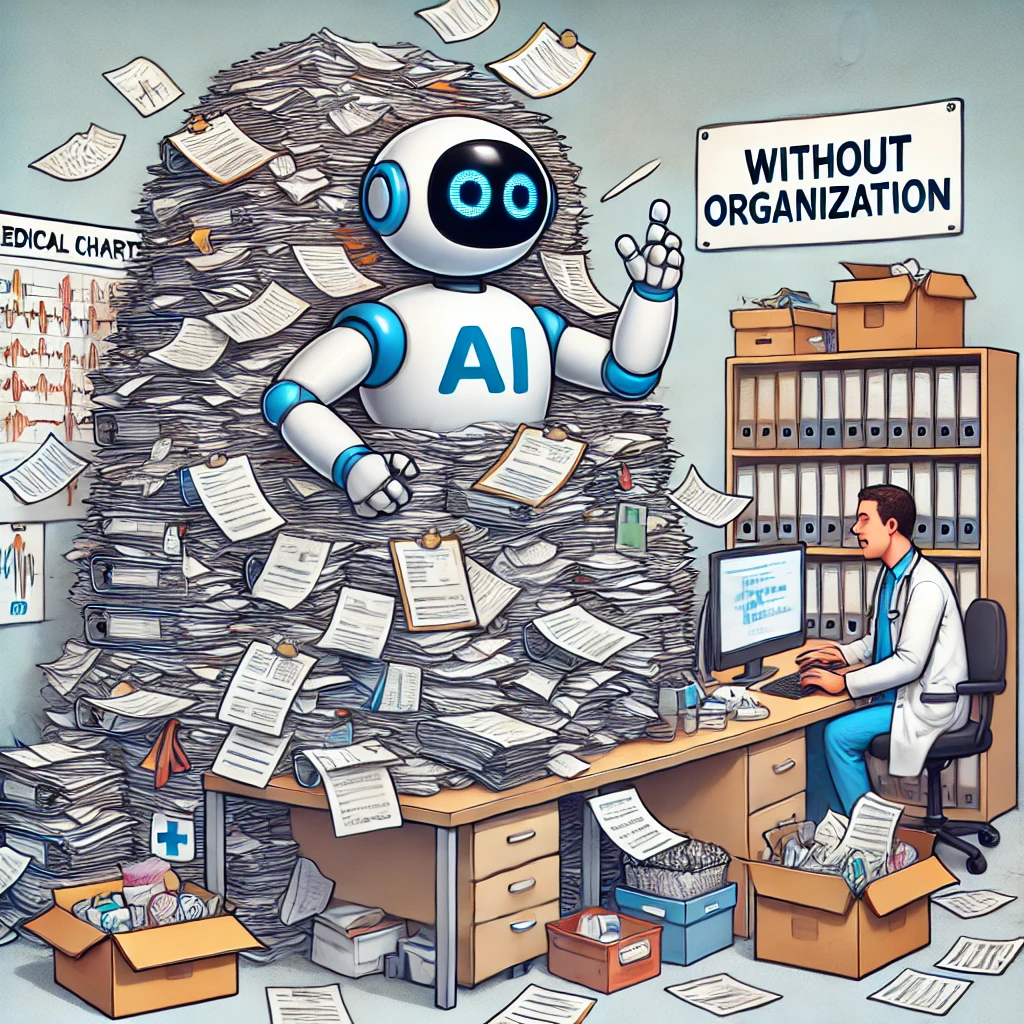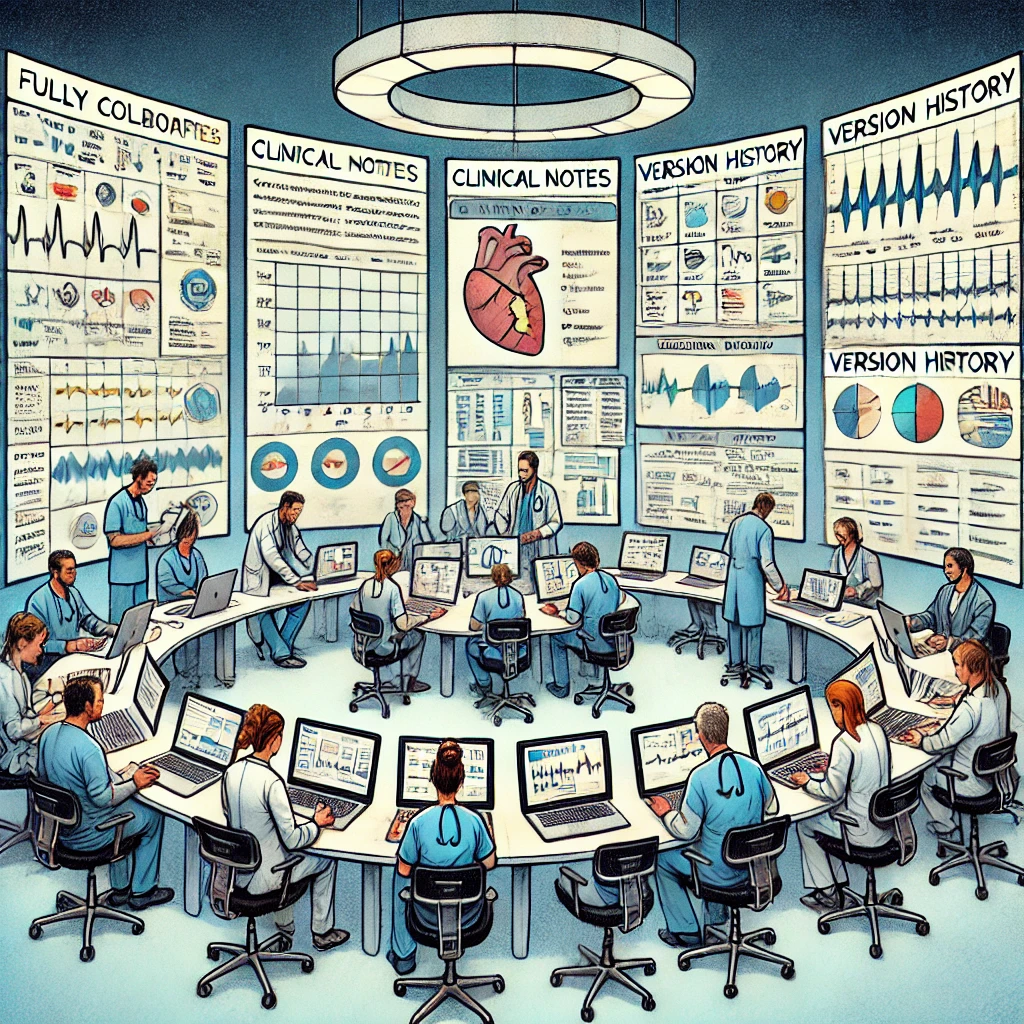
See the latest updates from our team, and all the projects we’re working on.

Rethinking Administrative Time and the EHR in Modern Medicine
The EHR suffers from the tragedy of the commons. Everyone dumps their data with little thought to organization or cleaning up after themselves. We need to buy tools that facilitate information stewardship not data littering.


The Challenges of Information Review in Primary Care
Ideally, clinicians shouldn’t need to search for or surface information at all—because the information should never be lost to begin with. There are several chart review work flows prevalent in primary care, yet EHRs are not built to support them, or the workflows of any clinicians, beyond search and filter.

Stream - The Medical AI Scribe for Longitudinal Care & Value-Based Transformation
Stream is the first medical AI scribe designed for longitudinal care and value based care.

The Future of Live Documentation - Addressing the Growing Problem of Medical Documentation Overload
As AI continues to transform healthcare, many assume it can fix the growing issue of documentation overload. While AI offers just-in-time summaries and automation, relying solely on it without improving how data is structured leads to bloated, disorganized charts. In our latest post, we explore why better organization—through problem-oriented documentation and structured data—is key to streamlining workflows, reducing costs, and enhancing patient care.

The Danger of Pre-Templated Information in Medical Records
Templating notes, exams, care plans, and histories can be bad for patient care, even if it's good for clinician efficiency. Clinical documentation ought to accurately reflect the hard work clinicians put into their care. Fortunately, large language models can help build better documentation that is reflective of the vibrancy of the patients they describe.

A Fully Collaborative, Noteless Electronic Medical Record Designed to Minimize Information Chaos: Software Design and Feasibility Study
We propose and build a prototype of the world's first noteless electronic health record, which is built to optimize collaboration and minimize information chaos.

Beyond Notes: Why It Is Time to Abandon an Outdated Documentation Paradigm
The medical chart—including notes, labs, and imaging results—should be reconceptualized as a dynamic, fully collaborative workspace organized by topic rather than time, writer, or data type. This will lead to better clinical outcomes and higher job satisfaction among clinicians, who will suffer less with decreased cognitive burden.

A Web Application for Adrenal Incidentaloma Identification, Tracking, and Management Using Machine Learning
Incidental findings are a common medical problem that are prone to falling through the cracks of the medical system. Building safety net systems to identify, track, and to help manage these potentially dangerous findings can decrease the cognitive burden on physicians and lead to better outcomes for patients. In this manuscript, we present a software system designed to identify adrenal incidentalomas and track them over time.

Task definition, annotated dataset, and supervised natural language processing models for symptom extraction from unstructured clinical notes
We present a clinically motivated task definition, dataset, and simple supervised natural language processing models to demonstrate the feasibility of building clinically applicable information extraction tools


